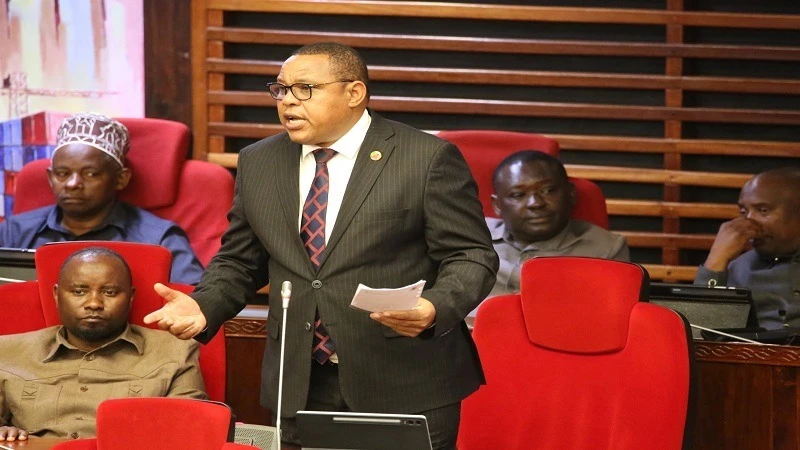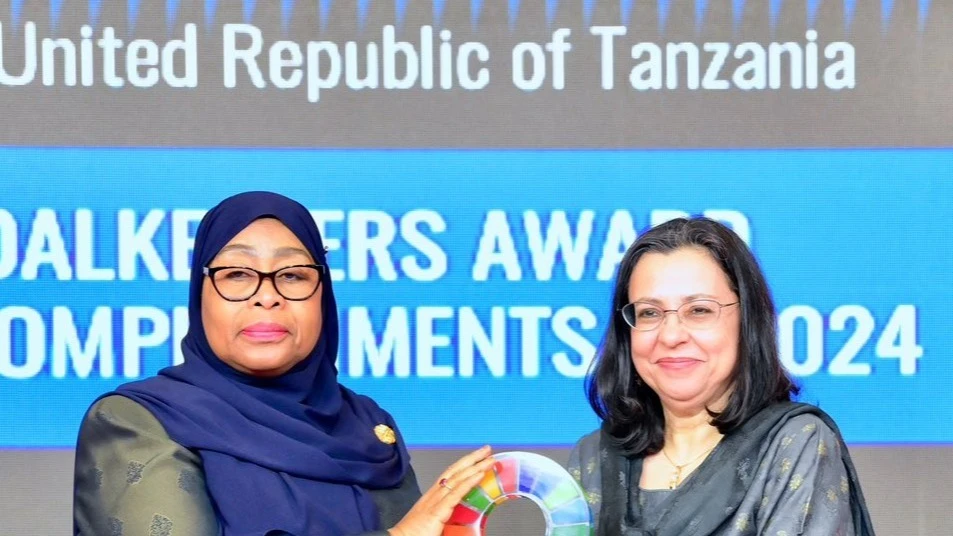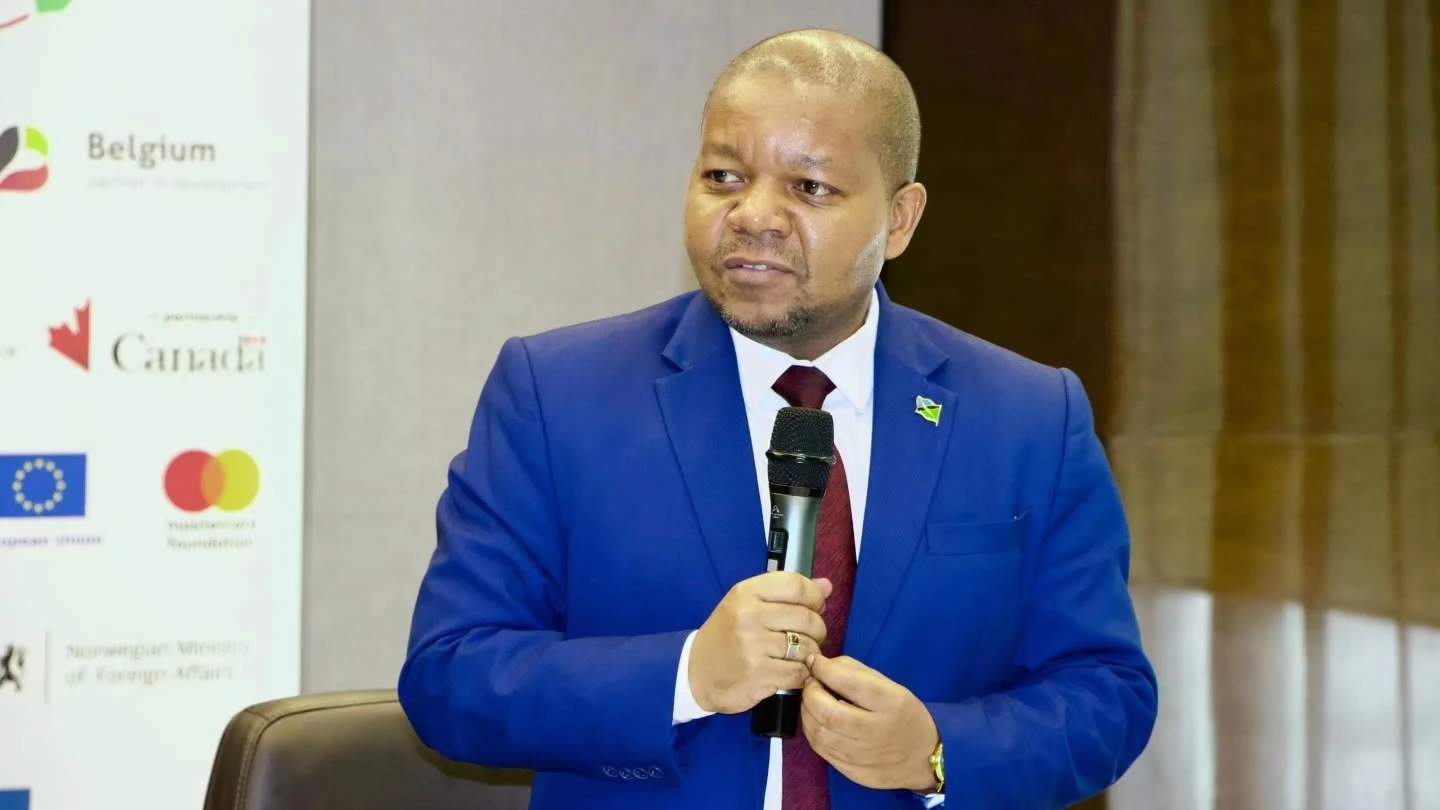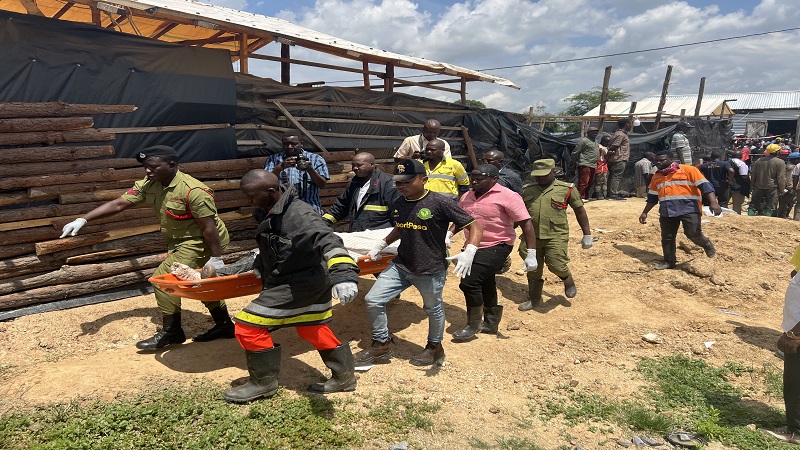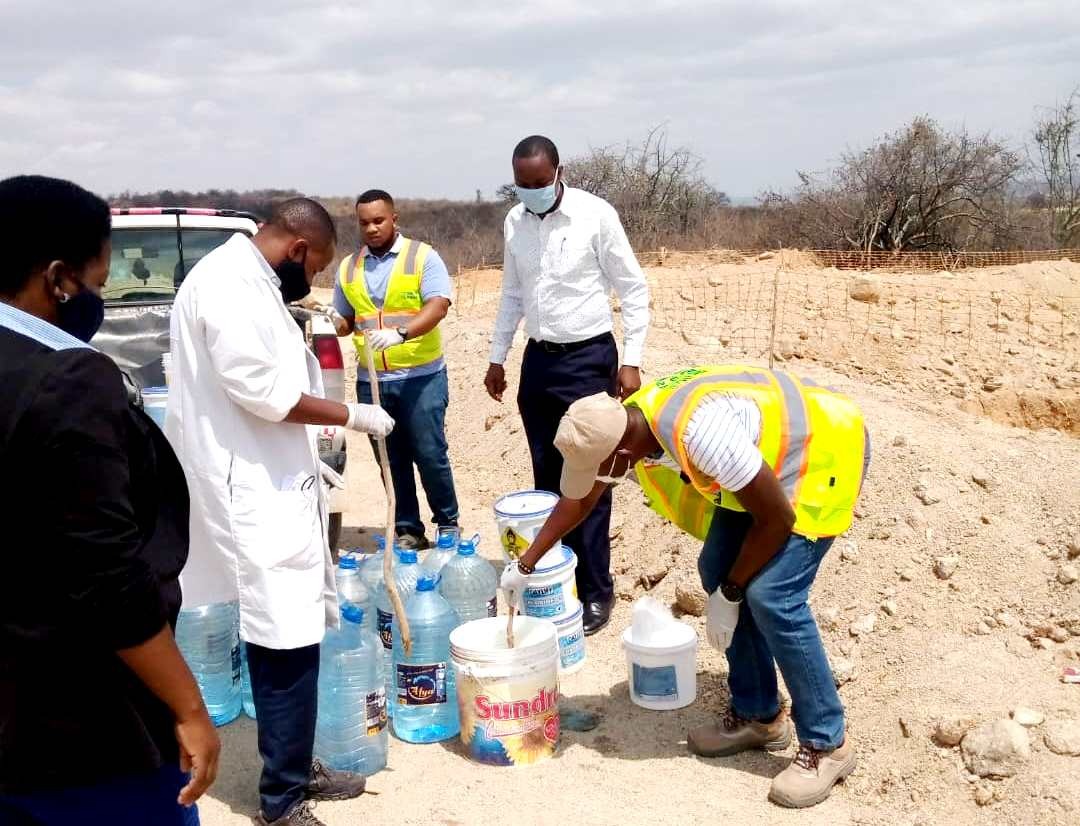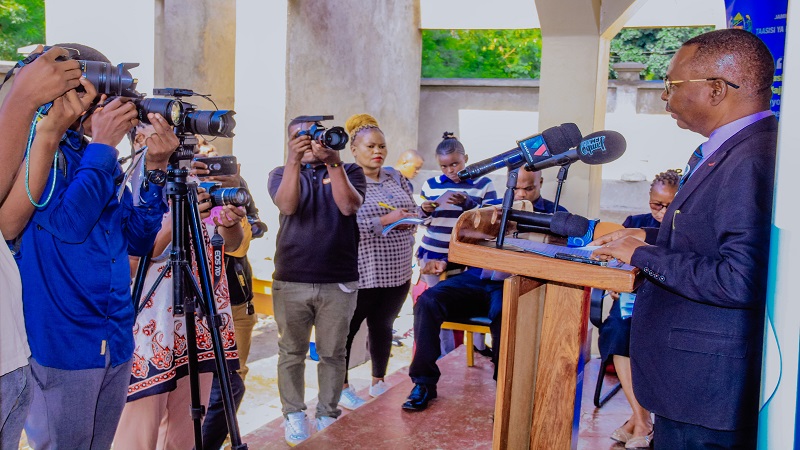Project supports girls in Nzega to overcome educational challenges

GIRL pupils at Isagenhe Secondary School in Nzega District, Tabora Region have praised the ‘Arudi Shule’ project for helping them overcome educational challenges.
Implemented by the Msichana Initiative, the programme supports schoolchildren with essential supplies, as well as emotional and counselling support for girls who return to school, enabling them to study effectively and achieve their educational aspirations.
During a recent special tour organised by the Tanzania Ending Child Marriage Network (TECMN) in the region recently, pupils expressed that the project has provided significant motivation, particularly for female students who previously dropped out of school.
Jane Chembamoyo, a form three pupil, noted that many students face barriers such as a lack of basic necessities, including school uniforms, notebooks, and sanitary pads. However, since the project’s introduction at their school, many have become more dedicated to their studies.
“In our community, many parents are reluctant to send their children to school, especially girls. They often prefer to marry them off to secure their future, creating excuses to discourage them from attending school,” Chembamoyo explained. “Parents frequently claim they cannot afford supplies, which serves to dissuade girls from continuing their education and encourages early marriage. Many of our peers drop out for these reasons.”
She added that the Msichana Initiative, through the Arudi Shule project, has been providing essential supplies, including bicycles for students who live far from school.
“This has motivated many to continue their education. Even when parents offer excuses, we are determined to persevere,” she said.
Anastazia Adamu shared her struggle with attending school due to the long distance. After receiving a bicycle, she has been able to attend regularly.
“I used to struggle with my studies because I often couldn’t make it to school. But now that I have a bicycle, I attend school every day,” she said.
Rosemary Batoba, a project officer for the Msichana Initiative in Nzega District, reported that the Arudi Shule project has successfully assisted 200 students by providing various school supplies. She noted that girls intending to return to school often face economic challenges, as well as health, safety, and delinquency issues.
“One major challenge for parents here is their belief that not providing basic necessities will discourage their children from continuing their education, effectively pushing them to drop out in search of a suitor,” she said.
Jacob Maduki, a programme officer at Msichana Initiative, highlighted that they are running six projects in the Tabora region aimed at helping students achieve their educational goals while empowering them to recognise and resist violence and child marriage.
“Through these programmes, we have seen significant success and positive feedback. The community is beginning to understand the harmful effects of outdated beliefs, particularly the notion that a girl’s sole purpose is to get married. They are now more capable of reporting instances of abuse or preventing girls from being unjustly denied an education,” Maduki said.
Jumanne Juma, headmaster of Isagenhe Secondary School, acknowledged that the Tabora community has low awareness of the importance of investing in girls’ education.
He stated that many parents do not make sufficient efforts to ensure their children start and complete their education, leading to high dropout rates.
“Considering that many children walk long distances daily to reach school, bicycles are essential. However, when these vehicles break down, parents often refuse to provide replacements, which severely hinder their education,” he said.
Top Headlines
© 2025 IPPMEDIA.COM. ALL RIGHTS RESERVED











